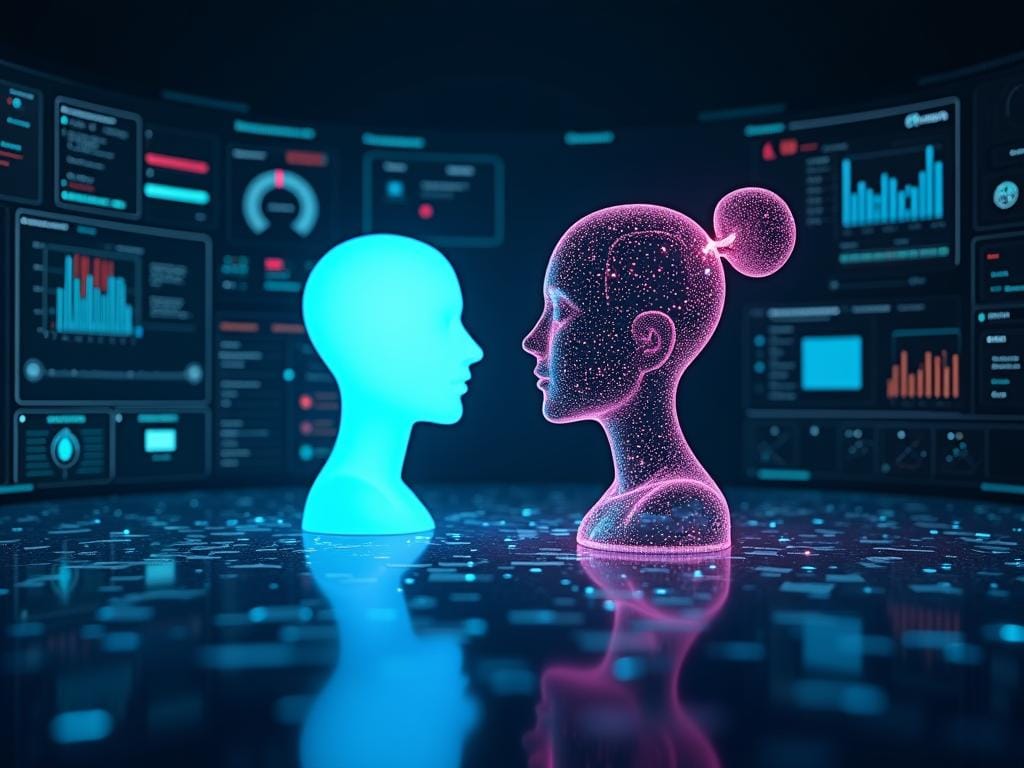The Holy Grail of AI-Chatbots: Why Remembering User Preferences Matters
AI is rapidly advancing in capabilities but struggles with remembering user preferences for personalized interactions. This post compares traditional AI systems like ChatGPT with Letta, an open-source platform designed for persistent memory. Discover how Letta adapts to user preferences, transfor...





